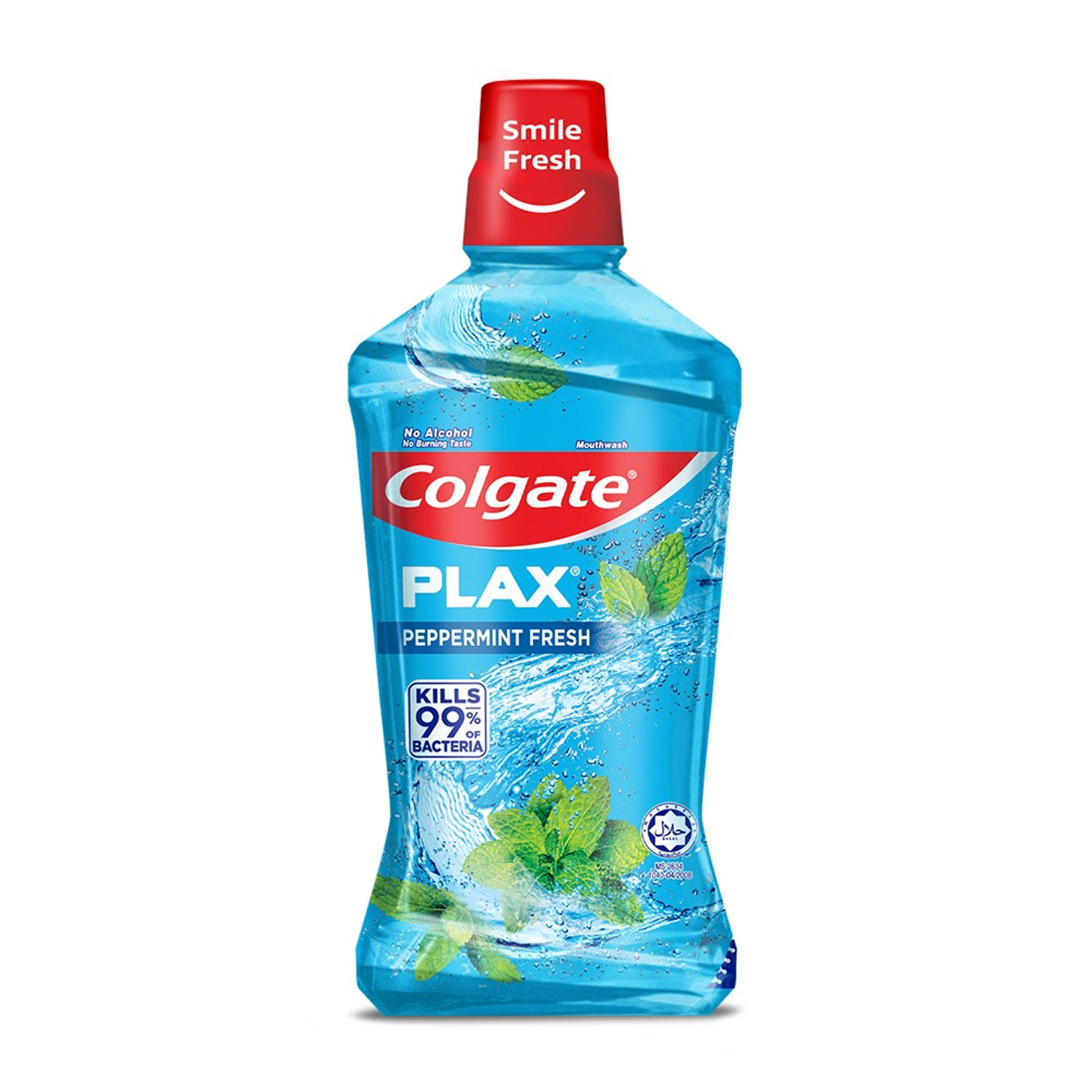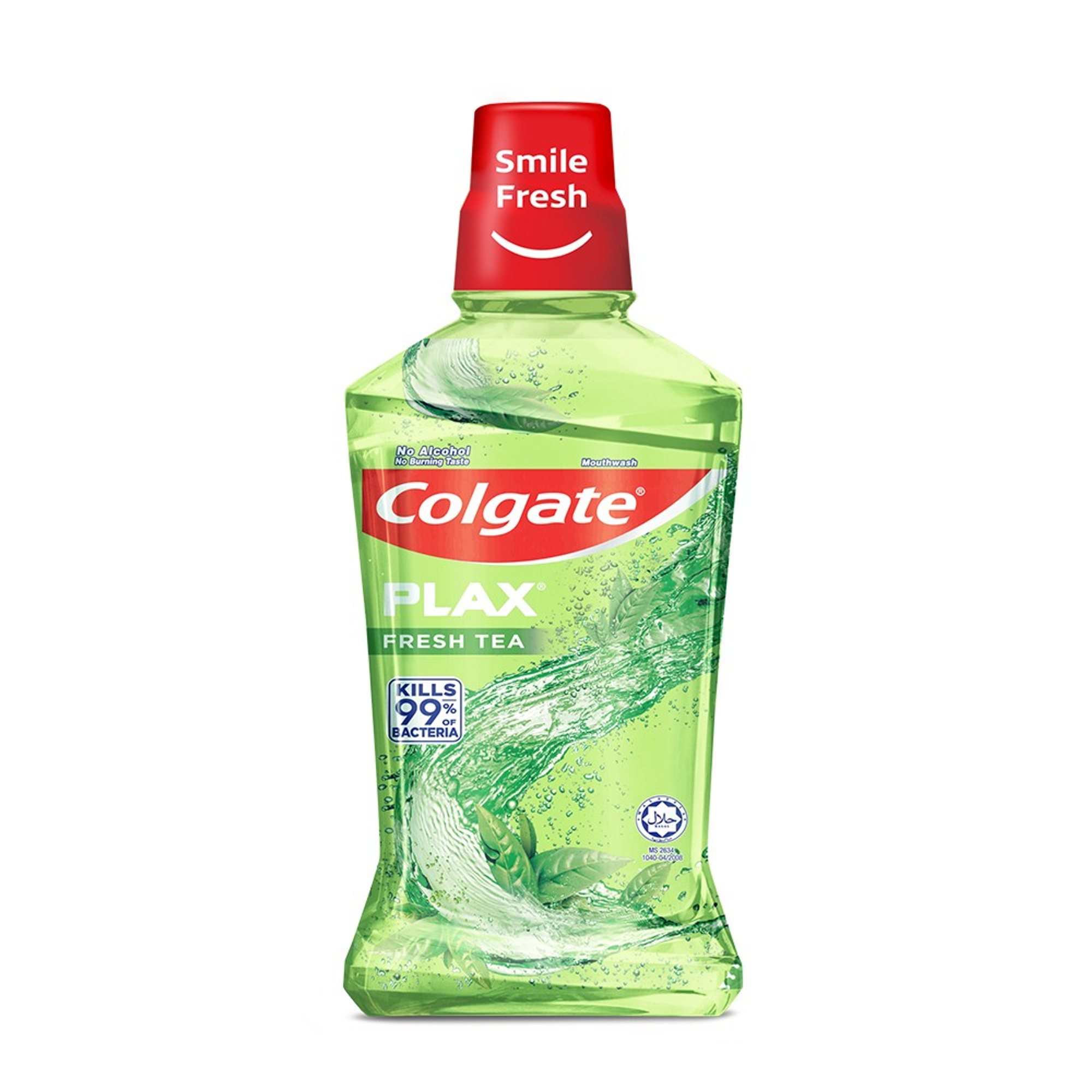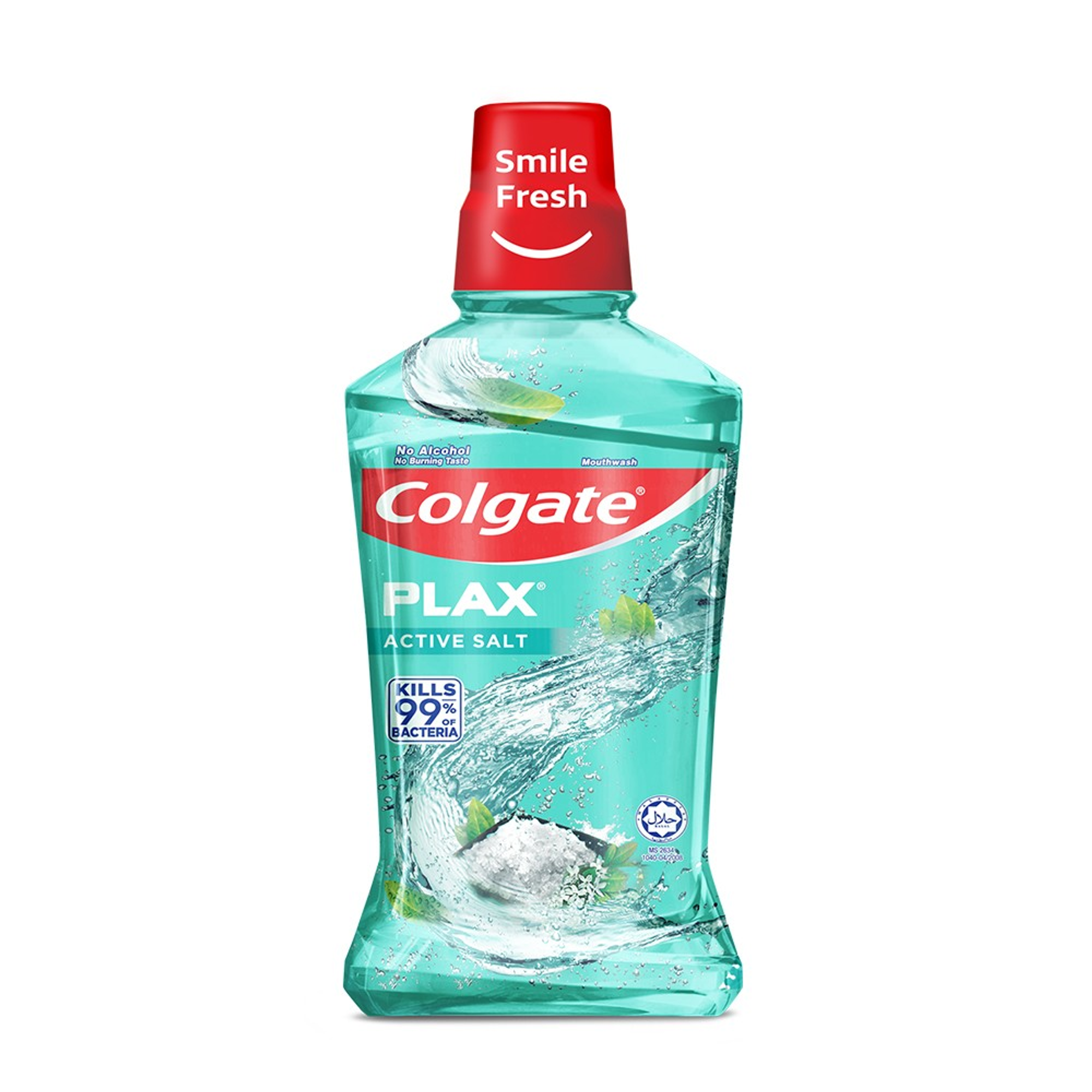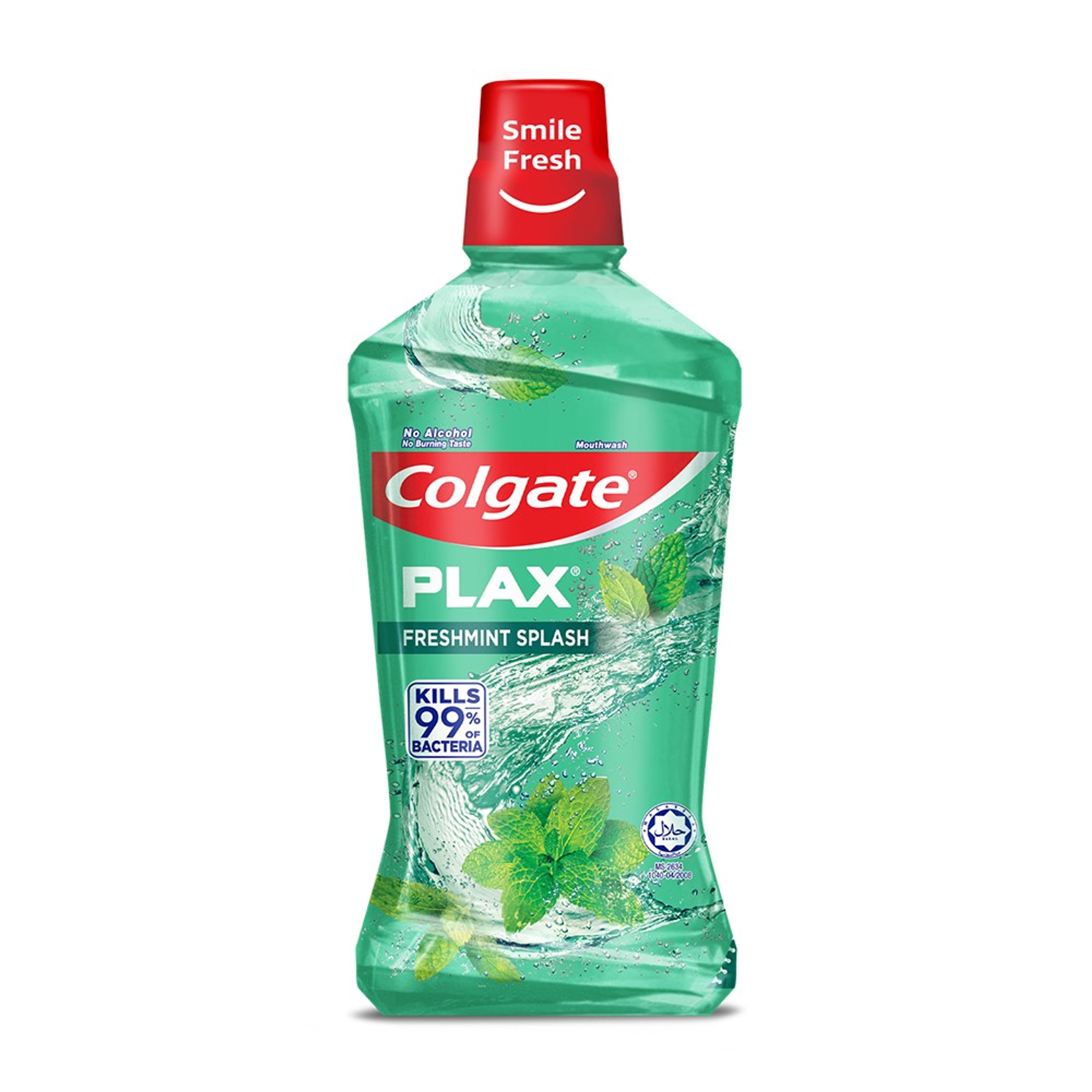-
-

ADULT ORTHODONTICS
Should You Use Mouthwash Before or After Brushing?Brushing and flossing are the foundation of a good oral hygiene routine, but mouthwash can also be a useful addition...

SELECTING DENTAL PRODUCTS
Soft Vs. Hard Toothbrush: Which One Should You Use?The toothbrush has come a long way. As the American Dental Association (ADA) notes...
-
Science & Innovation
- Oral Health and Dental Care | Colgate®
- Oral Health
- Natural Toothache Relief


Most toothaches are caused by sensitivity to the nerve (pulp) of the tooth due to decay, injury to the tooth, and infection. You could also be suffering from gum disease, tooth fractures, or even sinus infections that can cause bursts of pain as well. Though you may need dental intervention from a professional to restore the tooth and combat the pain, if it is not immediately available, try these natural remedies to help give you some toothache relief.
Rinse With Salt Water
Placing hot or cold water in your mouth may cause a shock to your already sensitive tooth. Rinsing with warm salt water may be helpful. Mix a couple teaspoons of table salt in a glass of warm water, then try swishing the mixture in your mouth. In addition to easing the pain and cleaning the infected areas, the salt also helps to draw out excess fluid around the swollen gum tissues.
Apply Ice to Stop Inflammation
The presence of cold helps to curb pain and swelling in superficial nerves, so applying an ice pack wrapped in a towel to the face may help numb the pain. You should, however, never apply ice directly to the tooth. Even very cold drinks may cause pain if the root is going bad; this also applies to hot drinks and sugary foods.
Apply Oil of Cloves
Oil of cloves is an essential oil found in health food stores that can help soothe tooth pain. Apply a few drops to a cotton swab, then apply to the affected tooth. If the oil of cloves is too strong, dilute it with some olive oil.
Exercise May Help
You may not feel like moving around if you have a throbbing toothache, but for people who are used to exercise, moving about can release endorphins, which are the body's natural pain relievers. You may find that a brisk walk is helpful.
Mind and Body Relaxation
Getting your body into a relaxed state may help to alleviate some tooth pain.
Guide your mind into a state of relaxation by concentrating on something pleasant, practicing deep breathing, and listening to soothing music -- this will hopefully divert your attention away from the pain.
If all else fails, try an analgesic; anything you take for a headache, such as aspirin, ibuprofen or acetaminophen should help combat the pain until you can see your dentist.
Related Articles
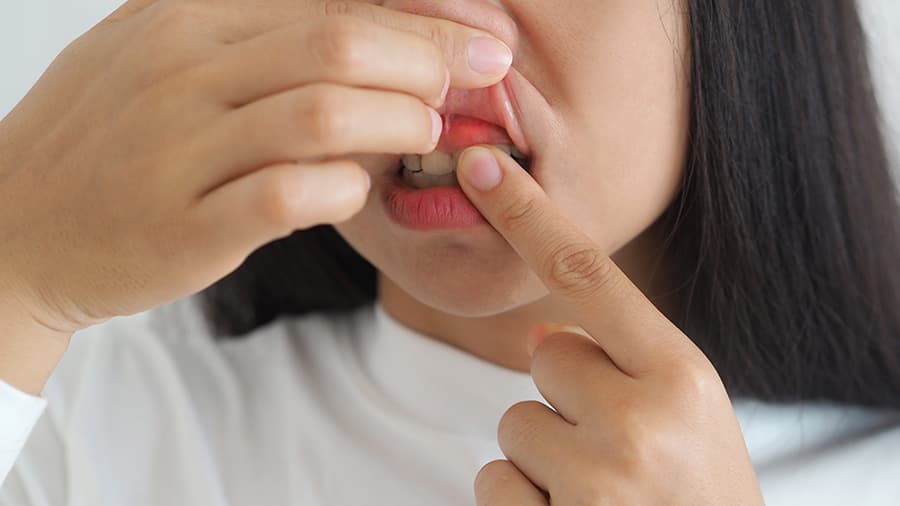
A periodontal abscess is a painful gum infection caused by bacteria in deep pockets around teeth, linked to swelling, redness, and severe discomfort.


Related Products

Helping dental professionals
More professionals across the world trust Colgate. Find resources, products, and information to give your patients a healthier future




